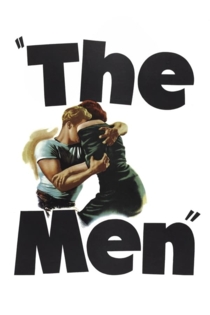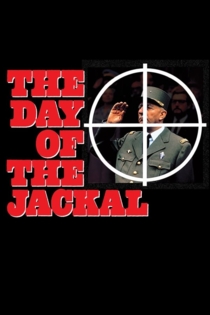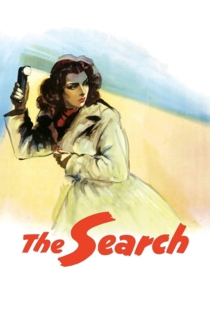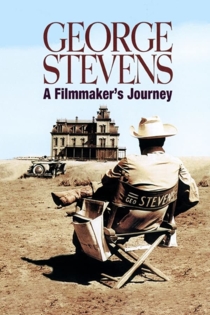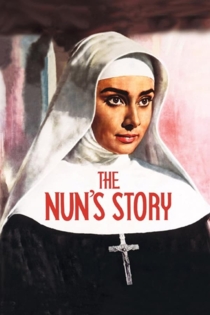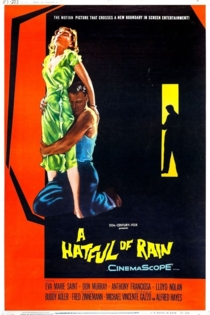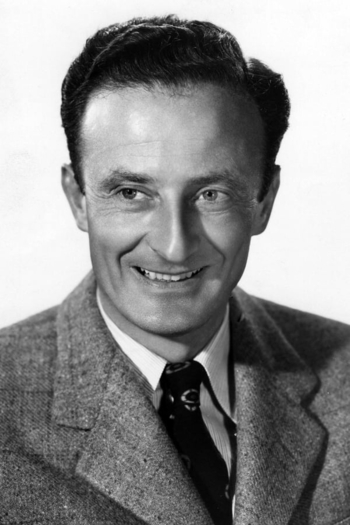
Fred Zinnemann
1907 - 1997Alfred "Fred" Zinnemann (April 29, 1907 – March 14, 1997), born in the former Austro-Hungarian Empire, was an American film director. He won four Academy Awards for directing films in various genres, including thrillers, westerns, film noir and play adaptations. He made 25 feature films during his 50-year career.
Zinnemann was among the first directors to insist on using authentic locations and for mixing stars with civilians to give his films more realism. Within the film industry, he was considered a maverick for taking risks and thereby creating unique films, with many of his stories being dramas about lone and principled individuals tested by tragic events. According to one historian, Zinnemann's style demonstrated his sense of "psychological realism and his apparent determination to make worthwhile pictures that are nevertheless highly entertaining."
Some of his most notable films were The Men (1950), High Noon (1952), From Here to Eternity (1953), Oklahoma! (1955), The Nun's Story (1959), A Man For All Seasons (1966), The Day of the Jackal (1973), and Julia (1977). His films have received 65 Oscar nominations, winning 24.
Zinnemann directed and introduced a number of stars in their U.S. film debuts, including Marlon Brando, Rod Steiger, Pier Angeli, Julie Harris, Brandon deWilde, Montgomery Clift, Shirley Jones and Meryl Streep. He directed 19 actors to Oscar nominations, including Frank Sinatra, Montgomery Clift, Audrey Hepburn, Glynis Johns, Paul Scofield, Robert Shaw, Wendy Hiller, Jason Robards, Vanessa Redgrave, Jane Fonda, Gary Cooper and Maximilian Schell.
Fred Zinnemann died in London, England in 1997. He was 89 years old.
All Quiet on the Western Front
Lewis Milestone
Louis Wolheim, Lew Ayres
A young soldier faces profound disillusionment in the soul-destroying horror of World War I. Together with several other young German soldiers, he experiences the horrors of war, such evil of which he had not conceived of when signing up to fight. They eventually become sad, tormented, and confused of their purpose.
All Quiet on the Western Front
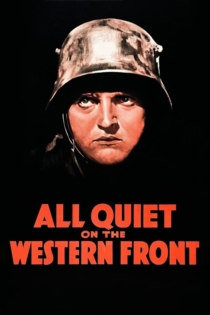
High Noon
Fred Zinnemann
Gary Cooper, Grace Kelly
Will Kane, the sheriff of a small town in New Mexico, learns a notorious outlaw he put in jail has been freed, and will be arriving on the noon train. Knowing the outlaw and his gang are coming to kill him, Kane is determined to stand his ground, so he attempts to gather a posse from among the local townspeople.
High Noon
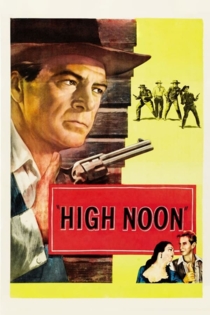
Cinema's Exiles: From Hitler to Hollywood
Karen Thomas
Сигурни Уивер, Marlene Dietrich
Eight hundred German filmmakers (cast and crew) fled the Nazis in the 1930s. The film uses voice-overs, archival footage, and film clips to examine Berlin's vital filmmaking in the 1920s; then it follows a producer, directors, composers, editors, writers, and actors to Hollywood: some succeeded and many found no work. Among those profiled are Erich Pommer, Joseph May, Ernst Lubitsch, Fritz Lang, Billy Wilder, and Peter Lorre. Once in Hollywood, these exiles helped each other, housed new arrivals, and raised money so others could escape. Some worked on anti-Nazi films, like Casablanca. The themes and lighting of German Expressionism gave rise in Hollywood to film noir.
Cinema's Exiles: From Hitler to Hollywood
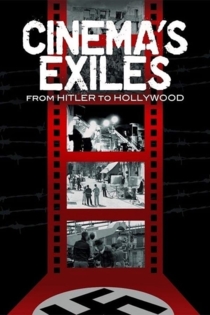
A Man for All Seasons
Fred Zinnemann
Paul Scofield, Wendy Hiller
A depiction of the conflict between King Henry VIII of England and his Lord Chancellor, Sir Thomas More, who refuses to swear the Oath of Supremacy declaring Henry Supreme Head of the Church in England.
A Man for All Seasons
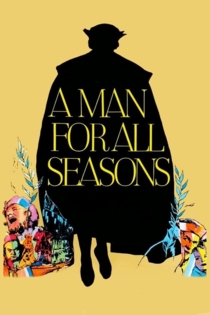
Act of Violence
Fred Zinnemann
Van Heflin, Robert Ryan
A former prisoner of war, Frank Enley is hailed as a hero in his California town. However, Frank has a shameful secret that comes back to haunt him when fellow survivor Joe Parkson emerges, intent on making Frank pay for his past deeds.
Act of Violence
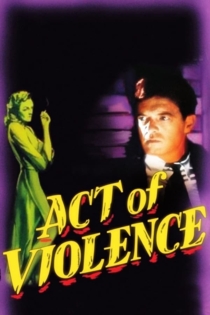
The Seventh Cross
Fred Zinnemann
Spencer Tracy, Signe Hasso
In Nazi Germany in 1936 seven men escape from a concentration camp. The camp commander puts up seven crosses and, as the Gestapo returns each escapee he is put to death on a cross. The seventh cross is still empty as George Heisler seeks freedom in Holland.
The Seventh Cross
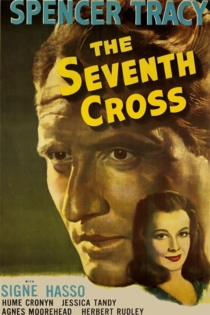
Cineastes contra magnats
Carlos Benpar
Marta Belmonte, Jesús Ángel Domínguez
How the cinema industry does not respect the author's work as it was conceived, how manipulates the motion pictures in order to make them easier to watch by an undemanding audience or even how mutilates them to adapt the original formats and runtimes to the restrictive frame of the television screen and the abusive requirements of advertising. (Followed by “Filmmakers in Action.”)
Filmmakers vs. Tycoons
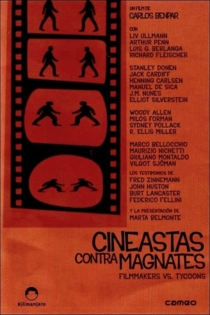
The Sundowners
Fred Zinnemann
Deborah Kerr, Robert Mitchum
In the Australian Outback, the Carmody family--Paddy, Ida, and their teenage son Sean--are sheep drovers, always on the move. Ida and Sean want to settle down and buy a farm. Paddy wants to keep moving. A sheep-shearing contest, the birth of a child, drinking, gambling, and a racehorse will all have a part in the final decision.
The Sundowners
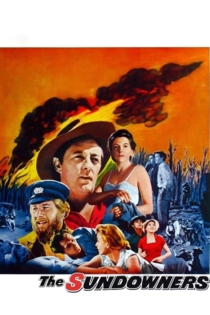
And the Oscar Goes To...
Jeffrey Friedman, Rob Epstein
Anjelica Huston, Annette Bening
The story of the gold-plated statuette that became the film industry's most coveted prize, AND THE OSCAR GOES TO... traces the history of the Academy itself, which began in 1927 when Louis B. Mayer, then head of MGM, led other prominent members of the industry in forming this professional honorary organization. Two years later the Academy began bestowing awards, which were nicknamed "Oscar," and quickly came to represent the pinnacle of cinematic achievement.
And the Oscar Goes To...
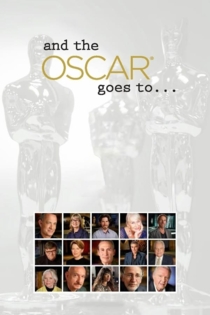
The Men
Fred Zinnemann
Marlon Brando, Teresa Wright
Ken, an ex-WWII GI, returns home after he's paralyzed in battle. Residing in the paraplegic ward of a veteran's hospital and embittered by his condition, he refuses to see his fiancée and sinks into a solitary world of hatred and hostility. Head physician, Dr. Brock cajoles the withdrawn Ken into the life of the ward, where fellow patients Norm, Leo and Angel begin to pull him out of his spiritual dilemma.
The Men
